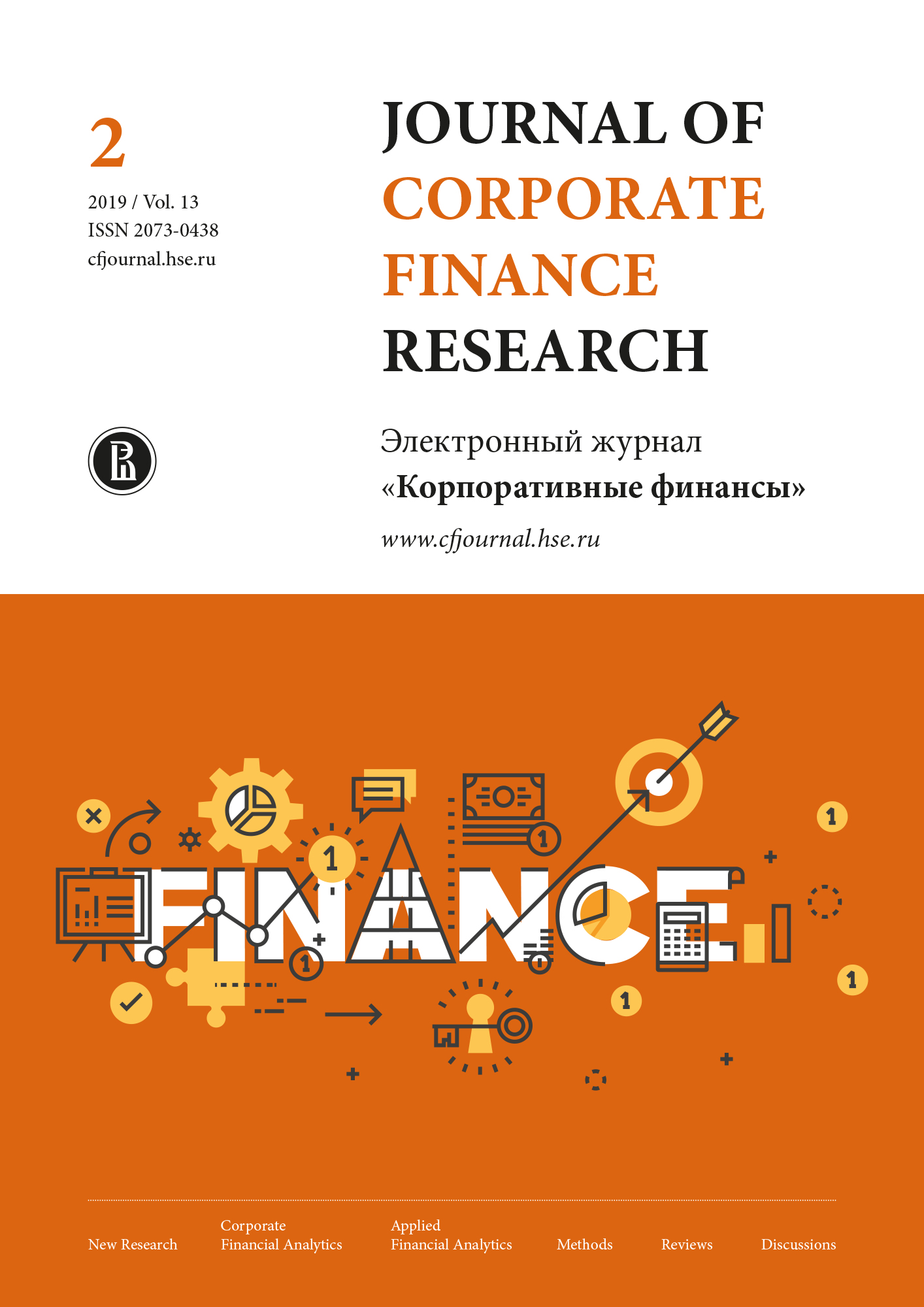Do Overconfident CEOs Pay More to Shareholders? Evidence from the US Market
Abstract
This paper aims to discover evidence on the possible impact of CEO overconfidence on payout policy, and the role of
corporate boards in offsetting the possible negative effects of this overconfidence. Our investigation demonstrates the
effect of overconfidence on the choice of payout method, specifically regarding the repurchases-dividends mix. We
also evaluate the ability of corporate governance mechanisms to reduce or even eliminate the negative effects of CEO
behavior on payout decisions.
This study is conducted using a sample of 671 non-financial companies from the US for the period of 2007–2016. We
apply probit regressions to study different aspects of payout decisions, and use a panel GMM estimator to check for
possible endogenous effects. Using a corporate governance quality index, we test the ability of boards of directors to
reduce negative effects of CEO’s overconfidence on the payout decisions.
Our findings confirm the hypothesis that overconfident CEOs tend to increase the levels of payout in the form of
repurchases, while the levels of cash dividends are unaffected by this type of CEO behavior. Moreover, an overconfident
CEO is more likely to initiate repurchases if this has not been done already. The results further illustrate that
overconfident CEOs not only pursue higher levels of repurchases, but also switch more often from cash dividends to
repurchases. However, it is also shown, in contract to previous research in the field, that efficient boards of directors have
very limited power in eliminating the negative effects of CEO overconfidence.
This paper contributes to the existing literature by analyzing the specific area of CEO overconfidence using data from
the United States, and follows specific lines of inquiry which have not been deeply studied. Further possibilities to
explore the implications of this research exists particularly in the consideration of its apparent contradiction of previous
research. There is yet scope to determine applicable tools of reducing the negative effects of specific CEO behaviors. It is
possible to identify and investigate other relevant behavioral characteristics that may influence payout decisions. Further,
these characteristics may be evaluated to see if the operation of these interrelations reproduce alternative results in terms
of the effect of corporate governance, both in the US and in other markets.

